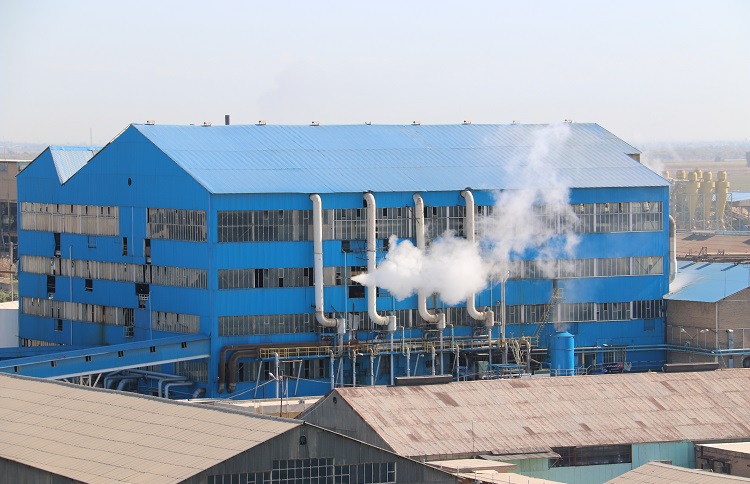
By Pooya Stone
Iran’s government media has been reporting factory closures from time to time, many of which have been operating for decades, but are unable to continue operating under current conditions.
The Resalat, state-run daily, close to Khamenei, wrote about the closure of several factories in different industries:
1- 80 Factories and Workshops in Boroujerd are closing
2- 100 home appliance factories have closed down due to currency shocks and the import of low-quality and low-priced goods. The coming of poor managers at these companies made it clear that the factories would eventually shut down.
3- More than 70% of factories in Qazvin are closed
4- Unemployment of about a thousand workers in the tile industry since the second half of last year
5- Head of the House of Industry announced the closure of 4% of small industrial units
6- Firing workers in some industries due to recession such as Cale, Pars Ceram, ITI and …
Some reports stated six large cement factories of the country, the cement of Ardebil, Tehran, Urmia, Mazandaran, and the Pavand cement of Golestan, due to the lack of liquidity and the high cost of production switched off their furnaces and no longer produce clinker.
The situation of oil extraction factories is also very tense, with seven oil companies shutting down. Also, the former CEO of the Dairy Manufacturers Union announced the closure of 350 small dairy factories in 2017.
Up to now, more than 70 percent of factories are completely closed or semi-active. This situation has caused the negative growth of the country’s largest industries and workshops to 9.6.
One of the reasons for the widespread closures of factories is the policy of privatization and the transfer of factories to individuals with ties to government officials and entities. During the privatization process, government elements seized state-owned factories and because of their corrupt practices, many of these factories have gone bankrupt. Factories like the Al-Mahdi Aluminum, HEPCO of Arak, the oil refinery of Kermanshah, machine manufacturing of Tabriz, Haft Tapeh Sugarcane, the powerhouse of Isfahan and many other factories are some of the victims of this policy.
Regarding the situation of the privatized factories and their workers, Mahmoud Sadeghi, a member of the Iranian parliament, said at a meeting on 7 September 2018: “We now see daily protests by the Haft Tapeh sugarcane workers, HEPCO of Arak and other units that have been privatized. “
Now, the dilemmas of these misguided policies make serious problems for the county, so that the hard-working sugar cane workers of Haft Tapeh and HEPCO of Arak are forced to act and protest while blocking railways so that their voices be heard.
One of the other reasons for the closure of Iran’s factories is excessive imports and the increase in production cost.
In this regard, Hossein Samsami, a former head of the Ministry of Economic Affairs and Finance, says: “Factory closures have a variety of reasons: one of them is in a very optimistic way not having a customer for the production. But they produce parts in the country but import it at a cheaper price. For example, car tires are manufactured in Iran, but they import them at a lower price from Korea. When something like that happens the demand for domestic production will be lost.”


